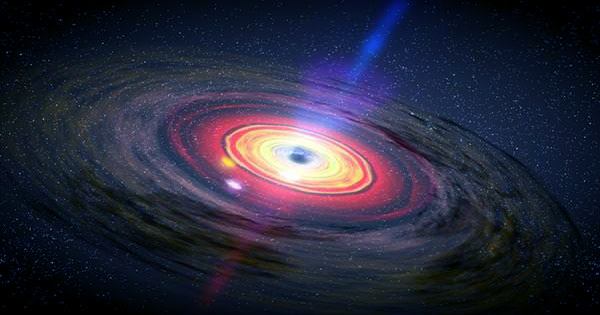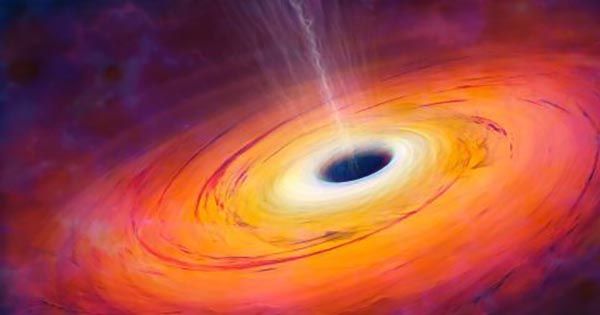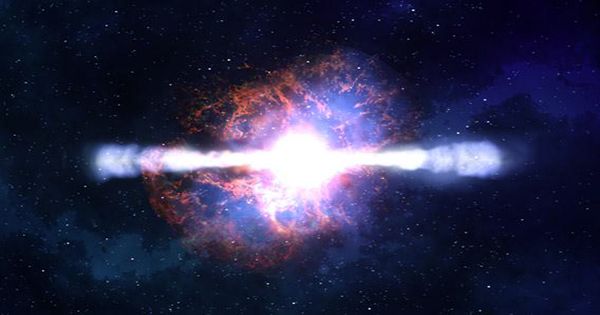Black holes are still an enigma in the universe. Every time we think we’ve figured them out, something new appears. According to new theoretical studies, black holes can exert pressure on their surroundings, increasing their thermodynamic complexity.
As originally defined, black holes are objects that are so dense that nothing, not even light, can escape. The fact is mind-boggling enough, but scientists quickly realized that accepting this thing at face value was an issue in every branch of physics, especially quantum mechanics and relativity.
A great deal of theoretical work has gone into resolving the problems, with Hawking’s discovery of black hole thermal radiation in 1974 being a seminal example. Hawking radiation, as it is now known, enabled scientists to deduce the principles of thermodynamics from black holes. Temperature, volume and surface area, entropy, angular momentum, and other properties are all present.

Pressure is a feature of the conventional version that does not occur in the black hole thermodynamics. At the very least, there has never been a necessity to include pressure in the equations. However, as the equations strive to define black holes in greater detail, a phrase has emerged that has perplexed experts.
The phrase is used in the calculation of a black hole’s entropy, according to Physical Review D. Their findings reveal that the formula for determining entropy requires minor adjustments, which have an impact on a variety of black hole attributes. Even better, the adjustment takes the form of something that resembles pressure.
“Our discovery that Schwarzschild black holes have both a pressure and a temperature is all the more fascinating because it came as a complete surprise. In a statement, lead author Professor Xavier Calmet of the University of Sussex said, “I’m happy that the quantum gravity research we’re doing at the University of Sussex has advanced the scientific community’s understanding of the nature of black holes.” “Black holes are a perfect laboratory to examine the interplay of quantum mechanics, gravity, and thermodynamics, thanks to Hawking’s seminal insight that they are not black but have a radiation spectrum that is remarkably similar to that of a black body.
This is where their efforts are concentrated. Quantum gravity is one proposed theory that connects general relativity and quantum mechanics. This hypothetical framework will be put to the test in black holes.
“If just general relativity is considered, it can be shown that black holes have a singularity in their centers where the laws of physics as we know them must break down.” We might be able to find a novel explanation of black holes if quantum field theory is merged into general relativity,” Calmet added.
















